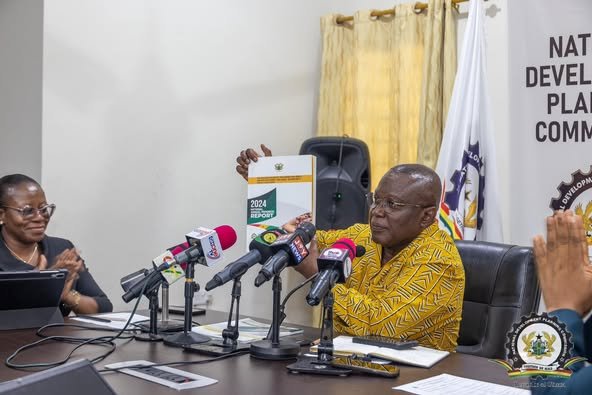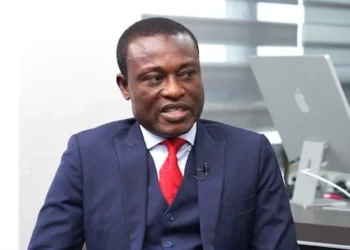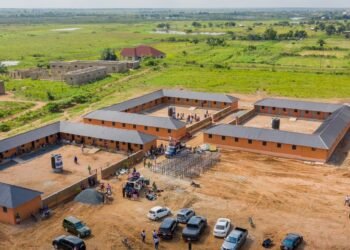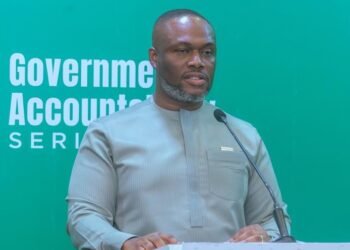Ghana’s development agenda has made significant headway despite persistent economic and structural challenges, according to the 2024 National Annual Progress Report (APR) on the implementation of the Agenda for Jobs II (2022–2025) launched by the National Development Planning Commission (NDPC).
The 2024 report provides an objective and comprehensive assessment of Ghana’s progress toward its national development goals, reviewing key performance indicators across the economic, social, environmental, and governance pillars.
It highlights both the nation’s achievements and areas requiring urgent policy attention, while reaffirming the NDPC’s central role in coordinating and monitoring the government’s long-term development framework.
In his opening remarks, the Presidential Advisor on the Sustainable Development Goals (SDGs) and Chairman of the NDPC, Dr. Nii Moi Thompson, described the report as “the most reliable and comprehensive source of data for assessing government performance.”
He urged journalists, researchers, and policymakers to treat the APR as the primary reference for evidence-based evaluation of Ghana’s progress rather than relying on political manifestos. He commended the NDPC’s technical teams and partner institutions for their continued dedication to data-driven planning and accountability.
He further highlighted the Commission’s pivotal role in monitoring, evaluating, and coordinating development policies and programmes across all sectors. Dr. Thompson called on the media to partner with the NDPC to “translate evidence into advocacy, correct misinformation, and mobilize national support for priority actions.
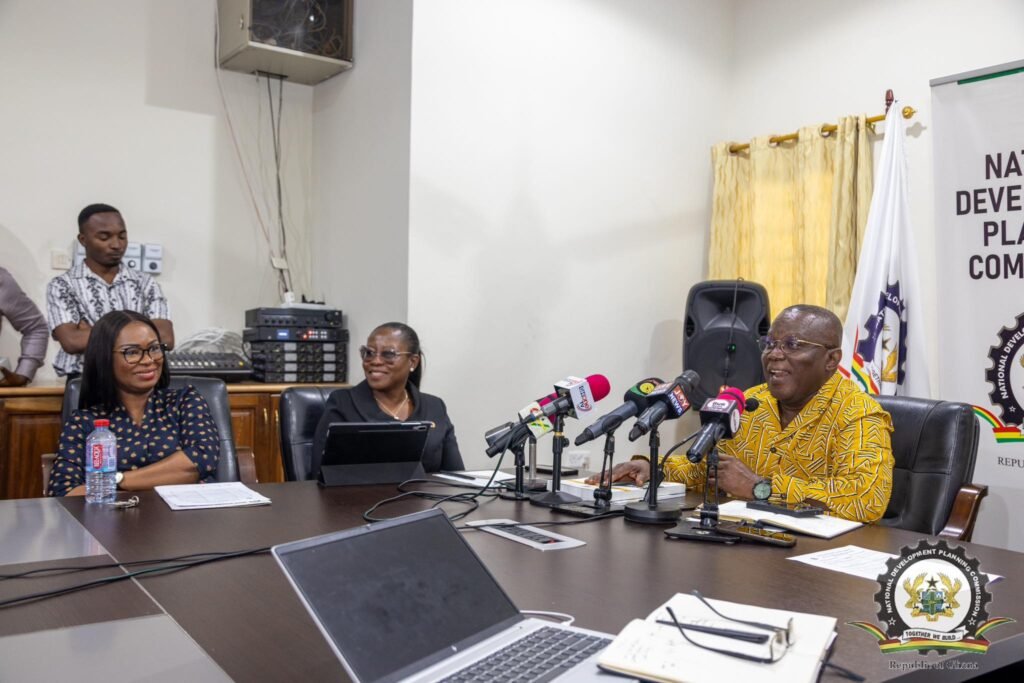
” Such collaboration, he said, would help deepen public understanding of Ghana’s progress while reinforcing a shared commitment to inclusive and impactful national development.
2024 APR: A Strategic Policy Tool
On her part, the Director-General of the NDPC, Dr. Audrey Smock Amoah, underscored that the 2024 APR was not merely a report of record but a strategic policy tool meant to guide decisions and improve the quality of national development outcomes.
She noted that while Ghana had made tangible progress under the Agenda for Jobs II, several institutional and technical challenges remained—particularly in the areas of data reliability and inter-agency coordination.
She stressed the need for all stakeholders—government, civil society, academia, and the private sector—to actively engage with the findings and use them to “drive inclusive and evidence-based development in the final year of the framework.”
The report paints a cautiously optimistic picture of Ghana’s economic performance in 2024, revealing signs of resilience amid global and domestic headwinds. It highlights improvements in monetary stability, fiscal performance, and external trade.
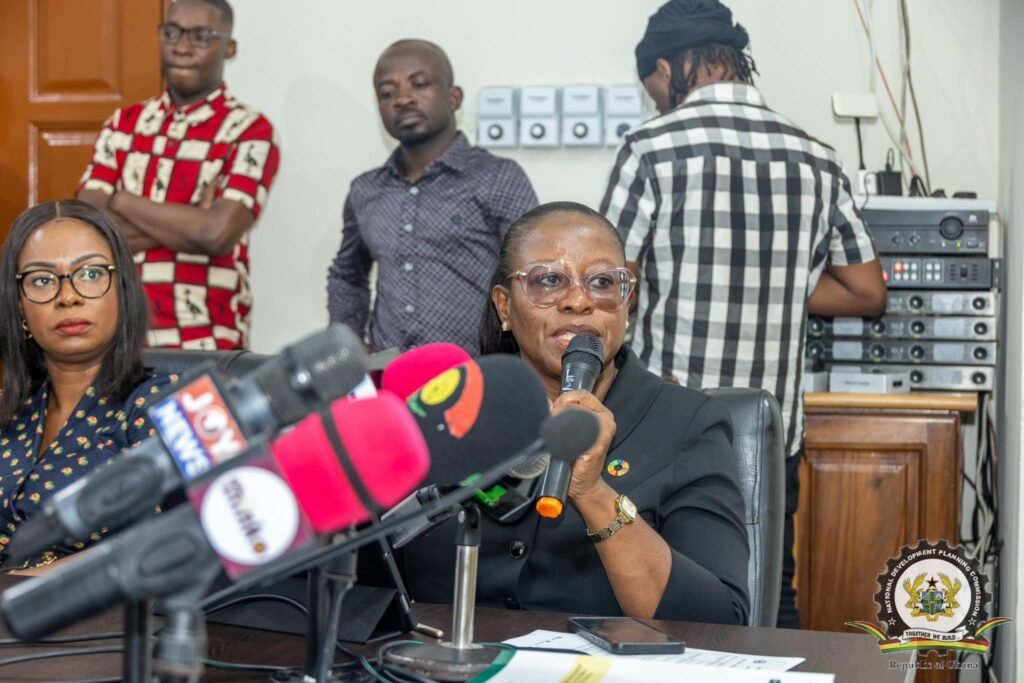
Inflation, which surged in the early years of the decade, has eased significantly, while the cedi’s rate of depreciation slowed considerably during the review period.
Ghana’s trade balance posted a healthy surplus of USD 4.98 billion, largely driven by a strong performance in gold exports. The country also retained its position as Africa’s leading gold producer, underscoring the strength of its extractive sector. Growth was recorded across services and agriculture, reflecting the growing diversification of the economy.
However, the report cautions that underlying structural weaknesses—such as low revenue mobilisation, high public debt, and limited industrial diversification—continue to pose risks to sustainable and inclusive growth.
The NDPC stressed that addressing these bottlenecks through fiscal reforms, investment in productive sectors, and stronger industrial linkages must remain a national priority.
Steady Progress in Social Issues
On the social front, the 2024 APR records steady progress in access to education, healthcare, and social protection programmes. Initiatives such as the Livelihood Empowerment Against Poverty (LEAP) and the School Feeding Programme continued to cushion vulnerable populations, while gender equality and empowerment interventions gained traction through various government and civil society initiatives.
In the governance and institutional sector, efforts to enhance transparency, accountability, and local government efficiency were noted. The report commended the growing collaboration among anti-corruption institutions, which has strengthened oversight mechanisms.
Nevertheless, it acknowledges that challenges remain in improving public service delivery, addressing youth unemployment, and combating corruption at all levels of administration.
The infrastructure and environmental components of the report show mixed results. Ghana made notable gains in road construction, energy access, and digital connectivity, aligning with national efforts to bridge infrastructure gaps and boost productivity.
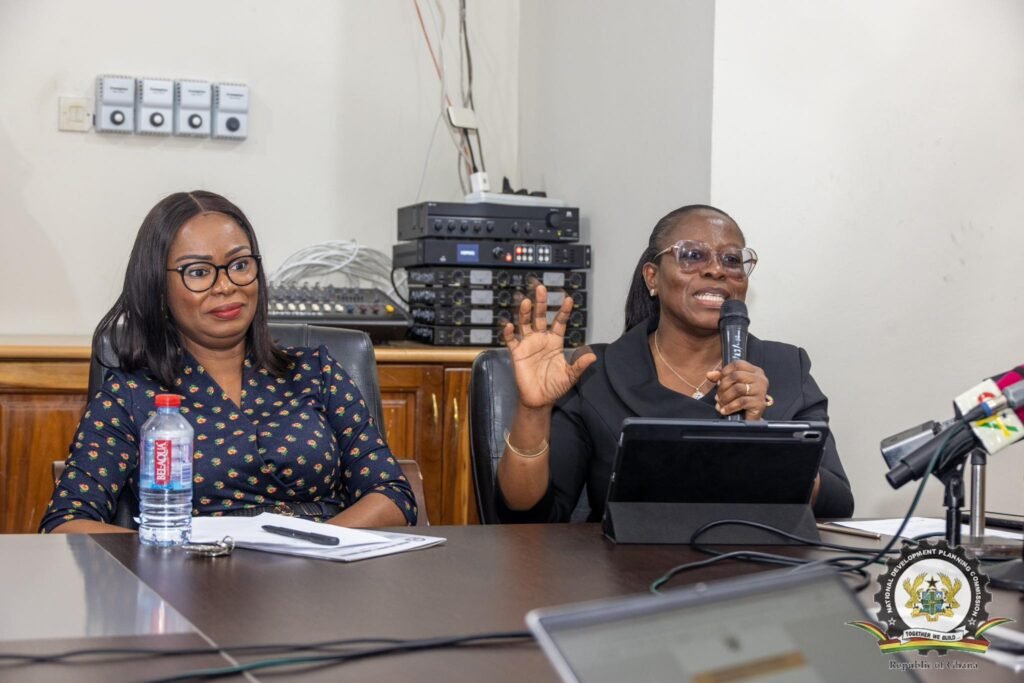
Yet, the report warns of persistent problems such as inadequate maintenance culture, housing deficits, and environmental degradation due to urban sprawl, illegal mining, and poor waste management practices.
To sustain progress, the NDPC called for stronger governance frameworks, stricter enforcement of regulations, and the integration of climate adaptation strategies into development planning. These, the Commission believes, are crucial to achieving long-term resilience and environmental sustainability.
The 2024 National Annual Progress Report thus serves not only as an audit of Ghana’s performance but also as a roadmap for policymakers and citizens alike—a reminder that development, while complex and challenging, is achievable through consistency, collaboration, and evidence-based decision-making.
READ ALSO: Cedi Stages Stunning Comeback: Rises to GH¢11.40 Per Dollar, Wipes Out Third Quarter Losses

